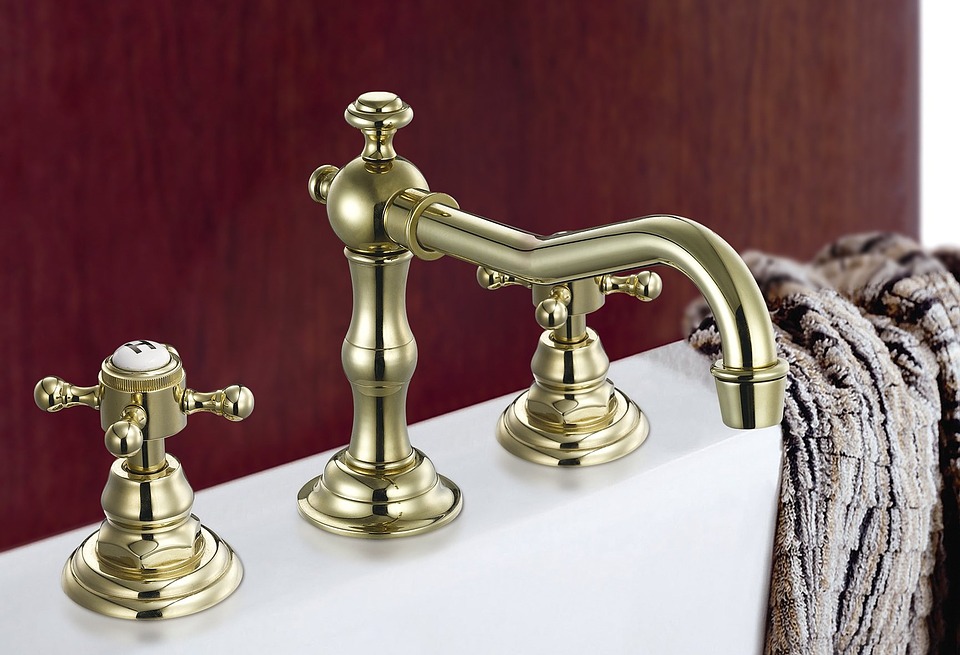
Having a bath has a grounding and earthing effect
Bathrooms are often treated as the “bad guys” in feng shui folklore: rituals, myths, and superstitions abound. Yet, as modern occupants, we can use this space to promote health/rejuvenation, comfort, and even positive energy flow. Let’s flush out the facts and look critically at what feng shui offers, what it gets wrong, and how you can truly optimise your bathroom’s impact on your life.
Feng Shui’s Influence: More Advisory Than Absolute
Classical feng shui isn’t a law of physics. You can’t “control” luck or health just by moving a mirror or painting a wall (unless it’s part of your belief system and it works through a placebo effect). The most extreme dangers in a bathroom such as mould, asbestos, or polluted water require scientific solutions, not the placement of a jade plant. Mould and asbestos can cause severe respiratory illnesses and cancers, and water with chlorine and fluoride points to infrastructure failures. No amount of symbolic “energy cleansing” replaces proper ventilation, inspections, and professional remediation in these cases. Be vigilant: prevention and cleanliness are your real protectors.
Scientific evidence confirms that exposure to indoor dampness and mould significantly increases risk of asthma, respiratory symptoms, and even psychological stress or depression. The key to mould control is moisture control: dry water-damaged areas within 24–48 hours to prevent growth, and keep your bathroom warm.
Asbestos, notably in ageing building materials, is a recognised carcinogen. There is no safe exposure level, and even short exposures can lead to mesothelioma or other diseases. Asbestos in water from deteriorating asbestos-cement pipes may pose risks too, though evidence for digestive tract cancers remains inconclusive.
